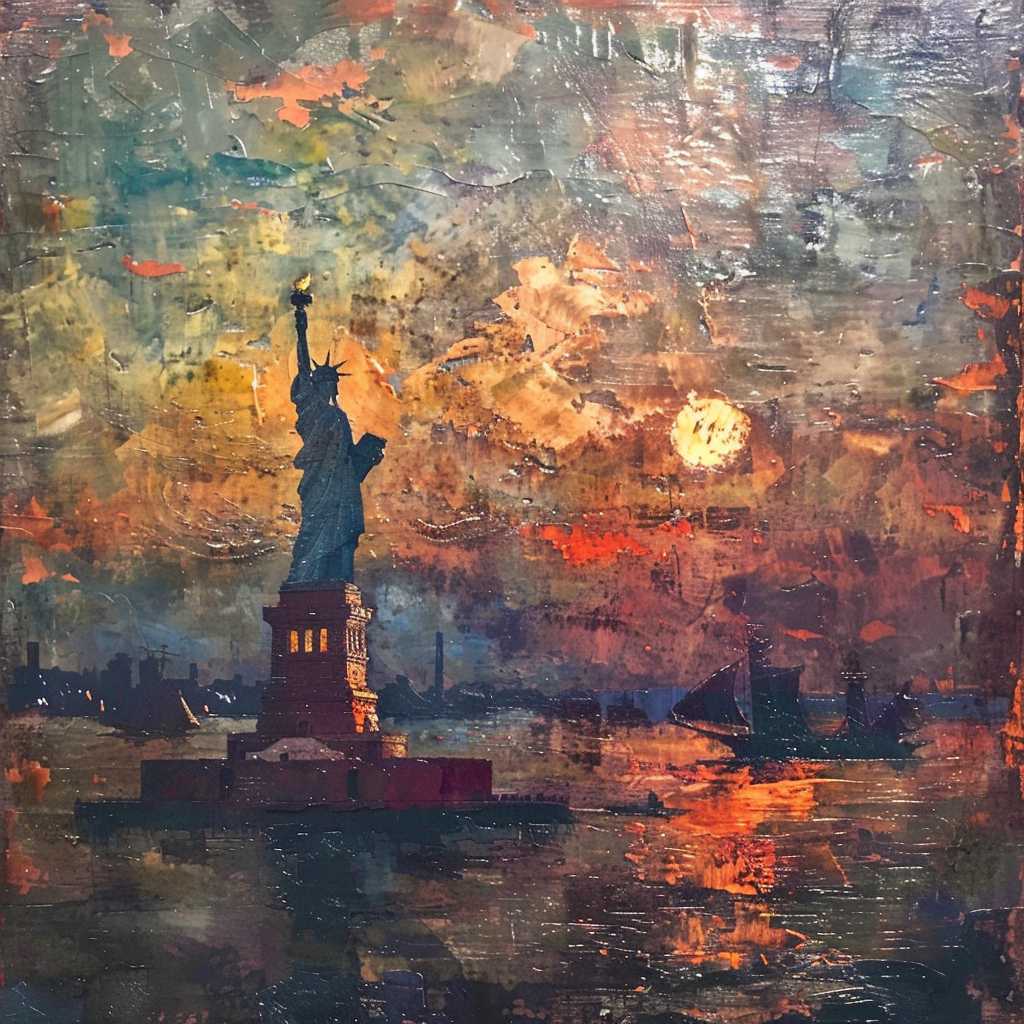The Significance of the Torch in History and Culture
The torch has served as a powerful symbol throughout human history, representing a multitude of concepts such as light, guidance, enlightenment, liberty, and the act of passing knowledge from one generation to the next. Anchored in the collective memory of many civilizations, its significance transcends mere functionality as a source of light. In this article, we delve into the historical and cultural impact of the torch, acknowledging its profound influences and embodiment in various facets of human life.
Historical Background of Torches
Torches have been integral to human society since prehistoric times. One of the earliest forms of controlled light sources, their creation marked a vital turning point in our ancestors’ ability to illuminate darkness, ward off predators, and explore unlit territories. Carrying fire from one place to another introduced a sense of security and allowed nocturnal activities to blossom within early communities.
Emergence of the Torch as a Symbol
From Practicality to Symbolism
Initially a practical tool for survival, the torch gradually took on symbolic dimensions within various ancient societies. Among these were the Greeks and Romans, where torches were associated with gods and goddesses like Prometheus and Hecate, representing key themes such as stolen fire bringing wisdom to humanity or acting as a guide during nighttime travels and transitions.
Religion and Mythology
In religion and mythology, the flame of the torch metaphorically represents the light of divine truth cutting through ignorance’s darkness. Many traditional beliefs held the torch as sacred because the flame symbolized purity—an element that could consume impurities while retaining its essential nature.
The Olympic Torch: A Beacon of Global Unity
Perhaps among the most famous examples is the Olympic Torch, which connects modern games to their ancient counterparts. The relay leading up to each Olympiad signifies not only continuity with antiquity but also aims to promote peace, friendship, and tolerance among nations—a ceremonial tradition that continues to captivate the world.
The Symbolic Torch in Modern Times
Statues and Monuments
One cannot overlook the iconic image of Lady Liberty holding aloft her torch, greeting newcomers and representing hope and freedom at New York Harbor. Likewise, memorials frequently incorporate torch imagery to denote valor or remembrance.
Political Movements and Ideals
In political terms, carrying or passing the torch can mean transitioning responsibility, leadership, or ideas from one group or generation to another. This symbolism is prolific in political rhetoric involving change or continuity.
Sports and Commemoration Events
In sports events and commemorations such as military tattoos, torches play a role in catalyzing unity by creating awe-inspiring spectacles that unite observers irrespective of their differences.
Notes
In conclusion, throughout recorded history, torches have functioned as much more than simple tools for illumination—they embody principles encompassing wisdom, freedom, commemoration, and unity among others. This humble source of light evolved into an emblem with profound philosophical and cultural resonance that illuminates not only our spaces but also our collective ethos.
Image Description
An antique painting depicting Lady Liberty with her uplifted torch against a backdrop of a twilight sky over New York Harbor. Small boats are visible in the water around her, illustrating how she serves as both a lighthouse guide with her raised torch and as a symbolic guard over entries to freedom’s land.
